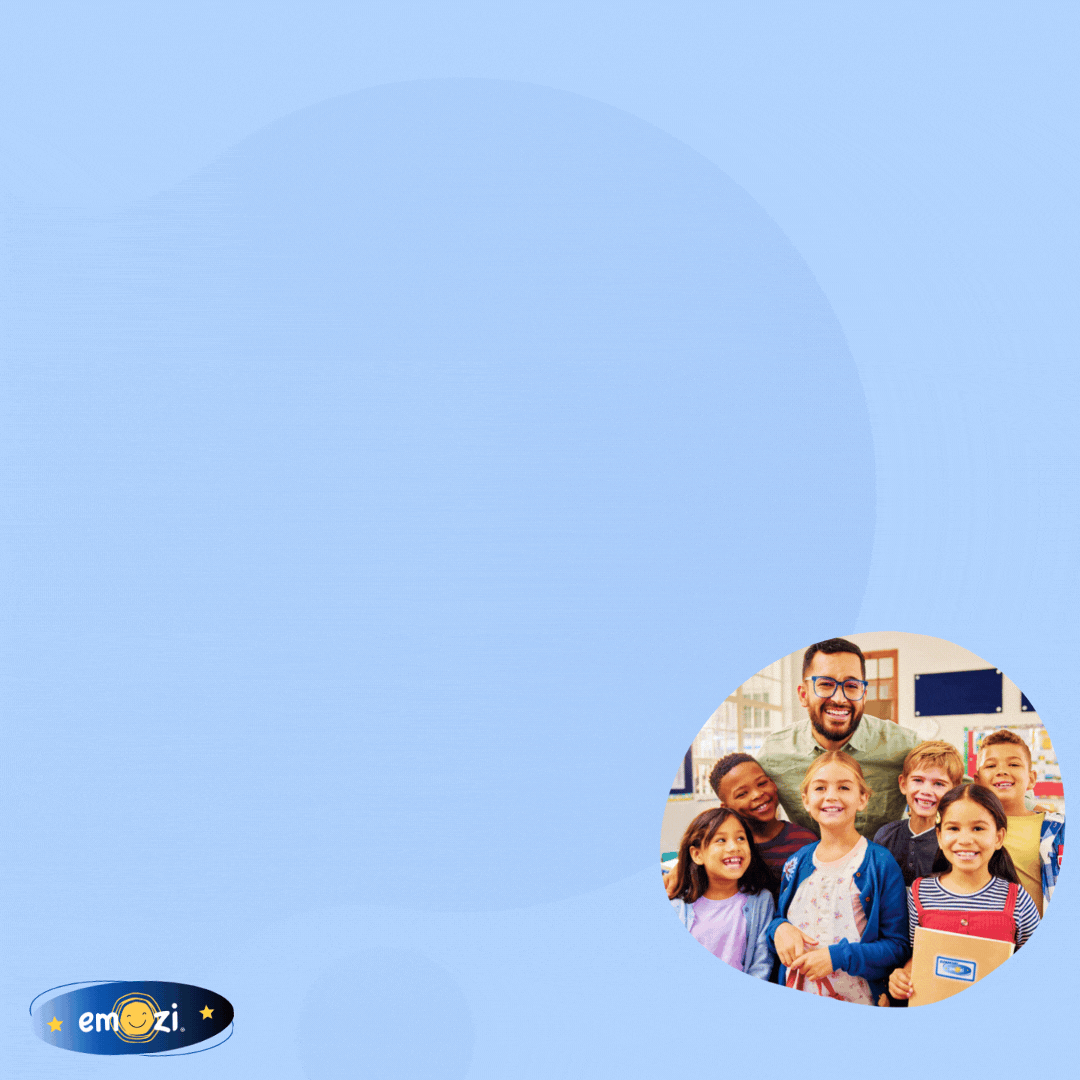Parent Hub
What is Character DEVELOPMENT?
Character Development is about learning and strengthening core values such as kindness, honesty, integrity, accountability, teamwork, courage, respect, curiosity, and more! Our programs are designed to foster growth in classic core values like students learn at home. Each lesson is created so that when a student graduates, they are prepared for the real world.
Your Partner in Your Student’s Success
As parents, we all want our children to succeed in life. While success in school is important, it’s not the only thing.
Since babies don’t come with an instruction manual, parents learn “on the job.” And you teach your children so much, including how to share and be a friend, be responsible, be a good brother or sister, follow instructions, and care for their toys and things.
When children go to school, these same life lessons can look like getting along with others, working together in groups, sharing ideas, listening to others, doing your homework and handing it in on time, studying for tests and doing your best, and learning from your mistakes, as well as many others.
Our program, rooted in those same family values, will help your teachings at home come to life at school. We value educational transparency and WANT family involvement. We make it easy for you to know what your child is learning and how you can be involved in their learning process.
We also want to hear from you! We are always working on new lessons and want to consider customer feedback when thinking about what lessons are next.
The complete overview of the Emozi® Character Development programs for parents.
Our Programs Support your Positive Parenting Strategies
Family values are important, and our programs can support your work at home. Our programs partner with parents to help their children learn important skills for life. We offer send-home letters to share with families what their students learn in the classroom. Parents can partner with us when you:
Model Positive Behaviors
Children learn by example, so modeling positive behaviors is important. Parents can demonstrate by using clear communication, calming down, and making good decisions in front of their children.Create a Supportive Homelife
Kids need to feel safe and happy at home to learn how to be good friends and handle their feelings. Parents can help by allowing kids to talk and solve problems when things get tough.Practice, Practice, Practice
Parents can give children a chance to practice these skills in different settings. For example, when kids have problems with their brothers, sisters, or friends, parents can help them use their thinking skills to figure out how to calm down and solve the problem positively.
Parent Connections
Our programs include send-home letters to keep parents informed and connected with what students learn in the classroom.
Read More
Podcast
Listen: Educators and Parents Discuss Character Strategies in the Real World
Connect here
Out Now: Ollie and friends Stories!
Bring your child’s favorite character development teachers home! With one story per grade level, Ollie and his friends will help bring up discussions on character values such as patience, creativity, respect, integrity, and honesty.





